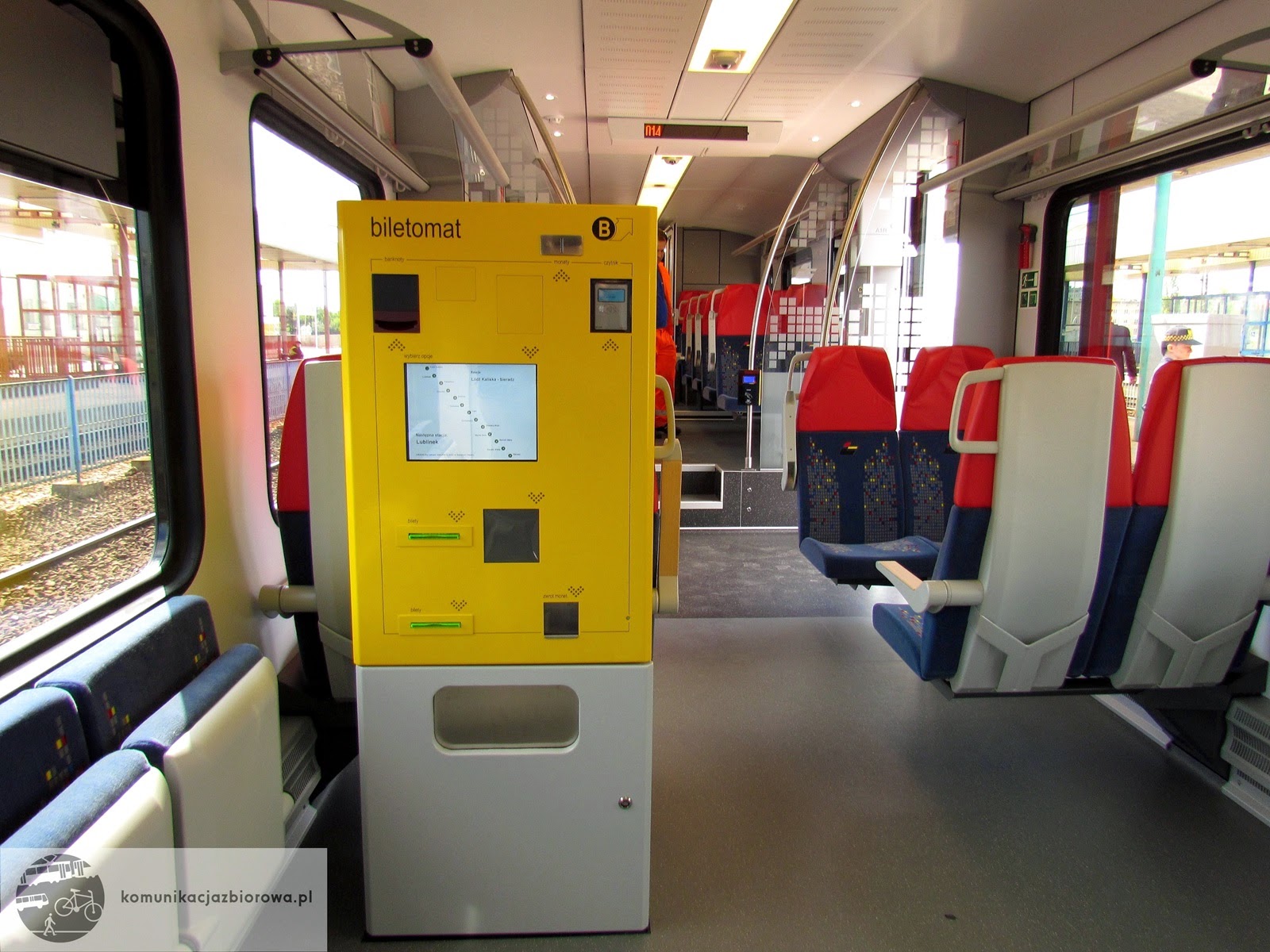Language /
Instrumental and byc - Polish grammar issue [46]
Ex : Jesteś (kobieta) piękna or To jest samochód
Wrong. I mean "To jest samochód" is OK, but "Jesteś (piękna) kobieta" is wrong. "Jesteś (piękną) kobietą". Nominative is only with "to". "To jest (piękna) kobieta" would be OK, but in this case meaning is changed (from "You are a [beautiful] woman" to "This is a [beautiful] woman").
If you are talking about somebody or something in the third person then you can replace "jest" with "to" ("to jest" sounds rather innatural), and then you use Nominative instead of Instrumental. But in the second person it doesn't work.
You can do something like this (and the meaning is still the same):
"Anna jest piękną kobietą" -> "Anna to piękna kobieta"
Maybe the version with "to" is a bit more formal.
If you really would like to do it in the second person, it would be something like this:
"(Ty) jesteś piękną kobietą" -> "Ty to piękna kobieta"
But don't even try to do anything like this! This sentence (meaning the second one) is ugly, innatural and nobody would like to be addressed in such a way. It's horrible.
The first one (I mean with "Ty" included) is OK if you want to emphasise that beautiful is just the woman you are talking to and nobody else.
But I saw in Rosetta (language learning software) : "To jest moja matka" (byc + nominative) (A girl was pointing at her mother), and after that "Pan jest moim nauczycielem" (byc + instrumental)
"To jest moja matka" - "This is my mother"
"Pan jest moim nauczycielem" - "You are my teacher" ("You are" in the polite form, so it is the third person in fact, but it changes nothing apart from the verb form)
After "to" you have nominative.
did I miss something concerning possessive pronouns?
It seems so :)
So, concluding:
- the object after "to be" normally is in the instrumental case
- after the pronoun "to" it is in the nominative
- in the third person (both singular and plural) the verb "to be" can be replaced with the pronoun "to" (which don't have the meaning "this", it means just "is"/"are") and then the object is in nominative
Some people try to extend this last use of "to" as "to jest", but as for me (as for Polish native speaker), it looks a bit strange and it rather isn't used in practice. The only place where I saw it were some definitions given by teachers at school (especially those teaching biology). Even there it looked weird and taking notes I replaced it with just "to". "To" (or maybe this strange "to jest", which keeps the behaviour of the rest of the sentence such as with "to" only) is preferred to "jest"/"są" in giving definitions, just because of the fact you continue it in the nominative, so the whole is less messy. Of course, in definitions you can also use just a dash.
Like, let's take one from the Polish Wikipedia (or, at least, its beginning):
Proxima Centauri (łac. proxima - najbliższa) - gwiazda typu czerwony karzeł znajdująca się około 4,22 lat świetlnych (40 bilionów km) od Ziemi, w gwiazdozbiorze Centaura.
(here it's with a dash)
which means
Proxima Centauri (from Latin proxima - the closest) - a star of the red dwarf type located about 4.22 light-years (40 trillion km) from the Earth in the Centaurus constellation.
If you use "to" (or "to jest", but I don't recommend it):
Proxima Centauri (łac. proxima - najbliższa) to (jest) gwiazda typu czerwony karzeł znajdująca się około 4,22 lat świetlnych (40 bilionów km) od Ziemi, w gwiazdozbiorze Centaura.
Everything remains like it was with the dash - in Nominative.
If you want to apply "jest", then it gets a bit messy (here it's OK because it's quite short, but were it longer, it would be worse):
Proxima Centauri (łac. proxima - najbliższa) jest gwiazdą typu czerwony karzeł znajdującą się około 4,22 lat świetlnych (40 bilionów km) od Ziemi, w gwiazdozbiorze Centaura.
Generally speaking, the form with "to" is preferred in long, complex sentences.

